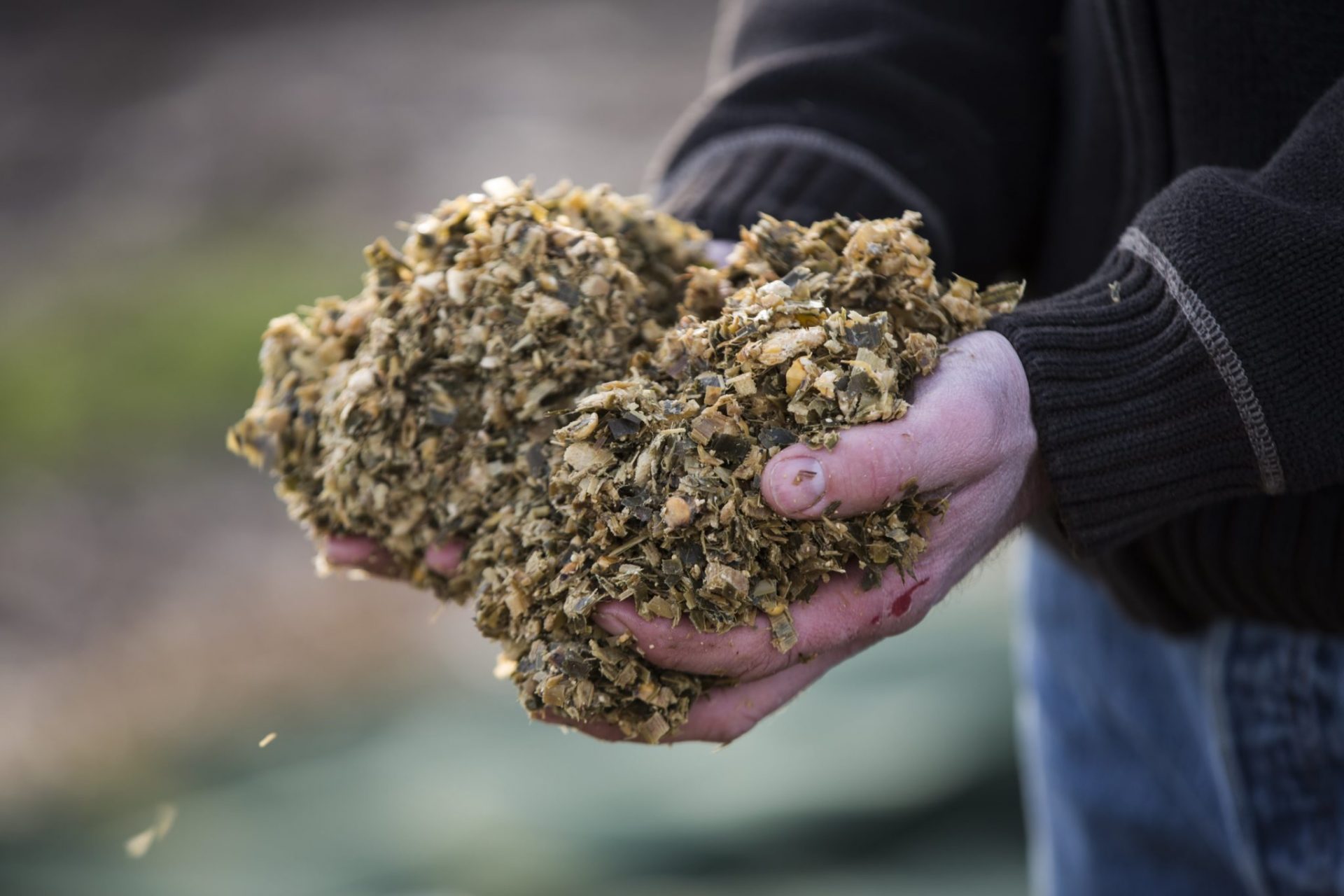Biogas meets scarcity of fertiliser for organic production
An increasing demand for organic products in domestic and foreign markets is challenged by a scarcity of approved fertilisers for certified organic vegetable production. Organic biogas helps fill out the gap.
Biogas is made from degradable waste, garbage, and by-products from private households, industry and agriculture. But the biogas production has more functions than merely being a renewable energy source based on a range of sources of waste in society.
Extending the value chain
The by-product – leftovers from the degassing process at the biogas plants – are used as a green fertiliser in agriculture. This way, the biogas production extends the existing value chains in which slurry from animal husbandry is mixed with other degradable matter, degassed for energy production, and then returned to the farms as a fertiliser far more effective than its untreated original.
Slurry from animal husbandry is mixed with other degradable matter, degassed for energy production, and then returned to the farms as a fertiliser far more effective than its untreated original
First organic biogas
This is a very welcome by-product, especially for organic vegetable production which is facing a scarcity of approved organic fertilisers. To help fill out this gap, in 2018 biogas company Nature Energy constructed the first Danish biogas plant to blend waste from appointed sources in a mix that favors waste from primarily organic certified suppliers.
The degassed, highly effective fertiliser can then be returned to the local organic vegetable production, thus making an interesting perspective of an important contribution the future of organic agriculture.


